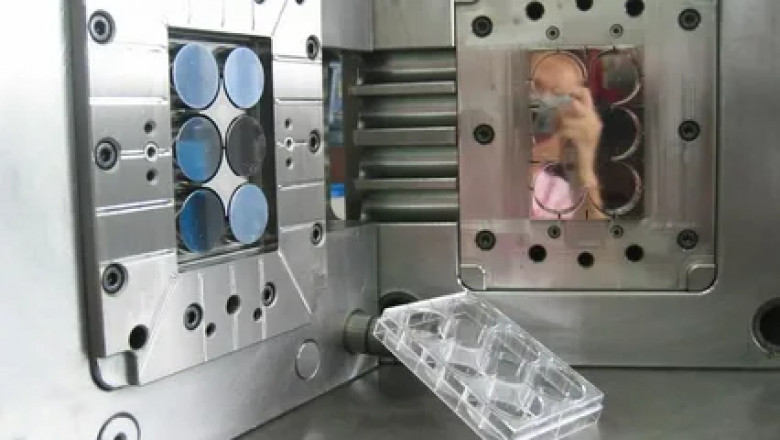views
Aluminum molds for injection molding require significantly less energy to manufacture compared to their steel counterparts. Aluminum is a lightweight material that melts at a lower temperature than steel, which means that producing and shaping aluminum molds consumes less energy. This reduction in energy use translates to a lower carbon footprint, making aluminum molds a more environmentally friendly choice for manufacturers aiming to adopt sustainable practices.
Additionally, the energy savings extend to the injection molding process itself. Aluminum has excellent thermal conductivity, allowing molds to heat up and cool down faster. This efficiency reduces the cycle time for each molded part, meaning machines consume less energy per unit produced. In industries where high production volumes are required, the cumulative energy savings can be substantial, contributing to a more sustainable manufacturing process.
Decreased Material Waste and Resource Efficiency
Using aluminum molds for injection molding also leads to less material waste during production. Unlike steel molds, which require extensive machining and often generate significant amounts of scrap metal, aluminum molds can be more easily shaped and refined with minimal waste. This efficiency ensures that fewer raw materials are wasted, reducing the overall environmental impact associated with mold production.
Furthermore, aluminum molds can be repaired and modified more easily than traditional steel molds. If a mold becomes damaged or needs an adjustment, aluminum allows for relatively quick fixes without having to replace the entire mold. This longevity and adaptability reduce the need for new materials, conserving resources and supporting a circular economy where manufacturing materials are used more sustainably.
Enhanced Recyclability and Sustainability
One of the biggest environmental benefits of aluminum molds for injection molding is their recyclability. Aluminum is one of the most easily recyclable metals, retaining its properties even after multiple recycling processes. Once an aluminum mold reaches the end of its life cycle, it can be melted down and repurposed into new products, minimizing waste and reducing the need for virgin materials.
This closed-loop recycling process is key to reducing environmental impact. Unlike some materials that degrade in quality when recycled, aluminum maintains its structural integrity, ensuring that it remains a viable resource for future applications. By choosing aluminum molds, manufacturers support a sustainable materials economy and help to minimize industrial waste in landfills.
Lower Carbon Emissions and Environmental Footprint
The use of aluminum molds for injection molding contributes to lower overall carbon emissions in manufacturing. Aluminum is significantly lighter than steel, which means that transporting raw aluminum or finished molds requires less fuel consumption and results in fewer greenhouse gas emissions. This reduced transportation impact is particularly beneficial for companies looking to achieve carbon neutrality.
Moreover, the reduced energy consumption in both the mold production and injection molding processes means fewer emissions are generated during manufacturing. As regulatory bodies and consumers push for greener production methods, the adoption of aluminum molds aligns with global sustainability goals. Companies that switch to aluminum molds can not only reduce their carbon footprint but also enhance their reputation as environmentally responsible businesses.
Support for Sustainable Manufacturing Practices
The adoption of aluminum molds for injection molding aligns with broader trends in sustainable manufacturing. Many companies are seeking ways to minimize their environmental impact while maintaining efficiency and product quality. Aluminum molds provide a practical solution by combining durability, energy efficiency, and recyclability, making them an ideal choice for eco-conscious manufacturers.
Additionally, regulatory pressures and consumer demand for sustainable products continue to grow. Companies that integrate aluminum molds into their production processes can demonstrate their commitment to sustainability, potentially gaining a competitive edge in the marketplace. By choosing environmentally friendly materials and methods, manufacturers contribute to a greener future while meeting business objectives.
In conclusion, aluminum molds for injection molding offer numerous environmental benefits, from reduced energy consumption and material waste to enhanced recyclability and lower carbon emissions. As industries move toward more sustainable manufacturing practices, adopting aluminum molds presents a viable and responsible choice for businesses looking to reduce their ecological footprint.














Comments
0 comment